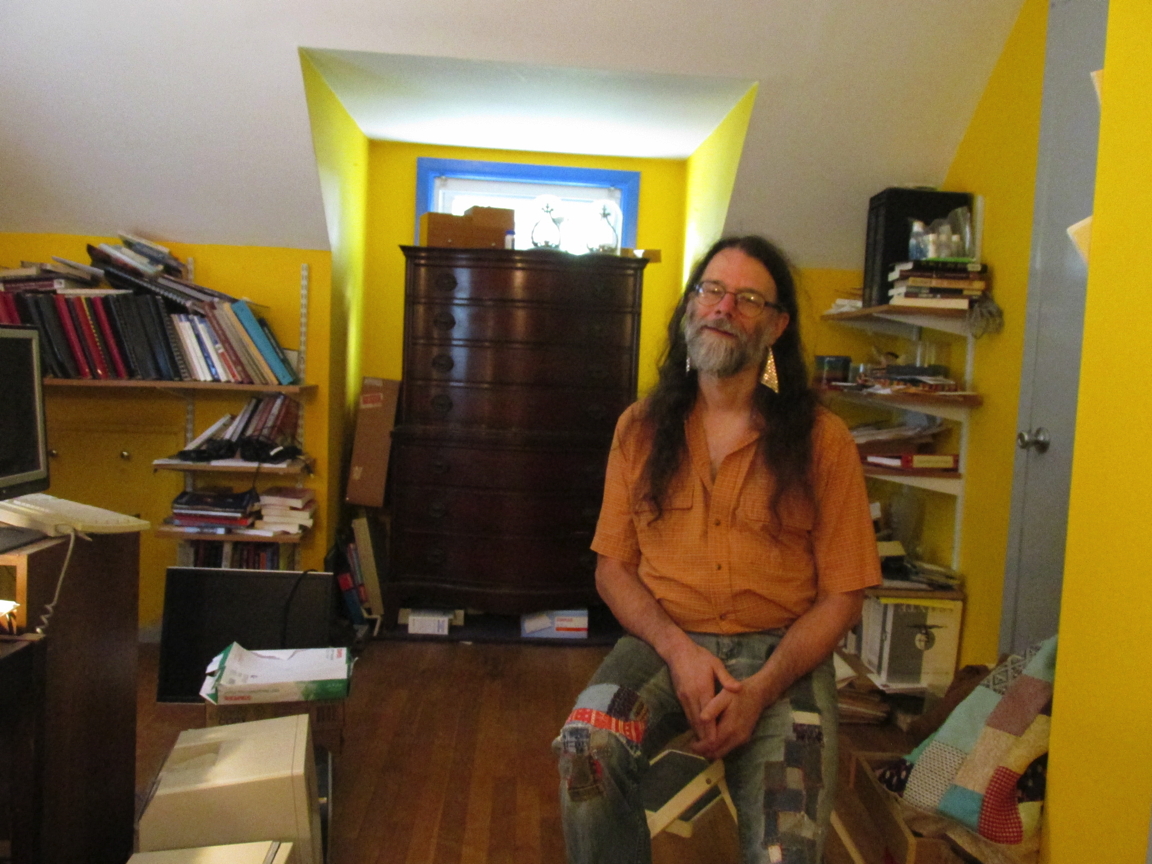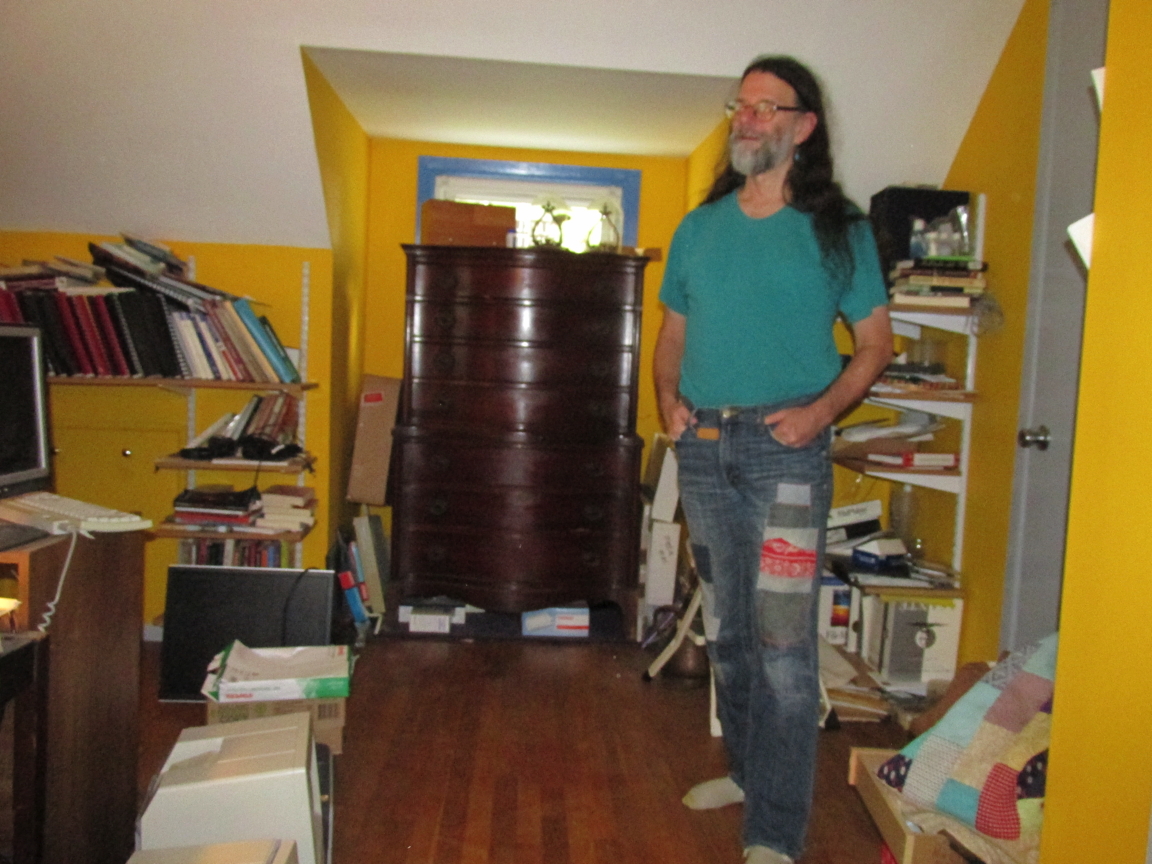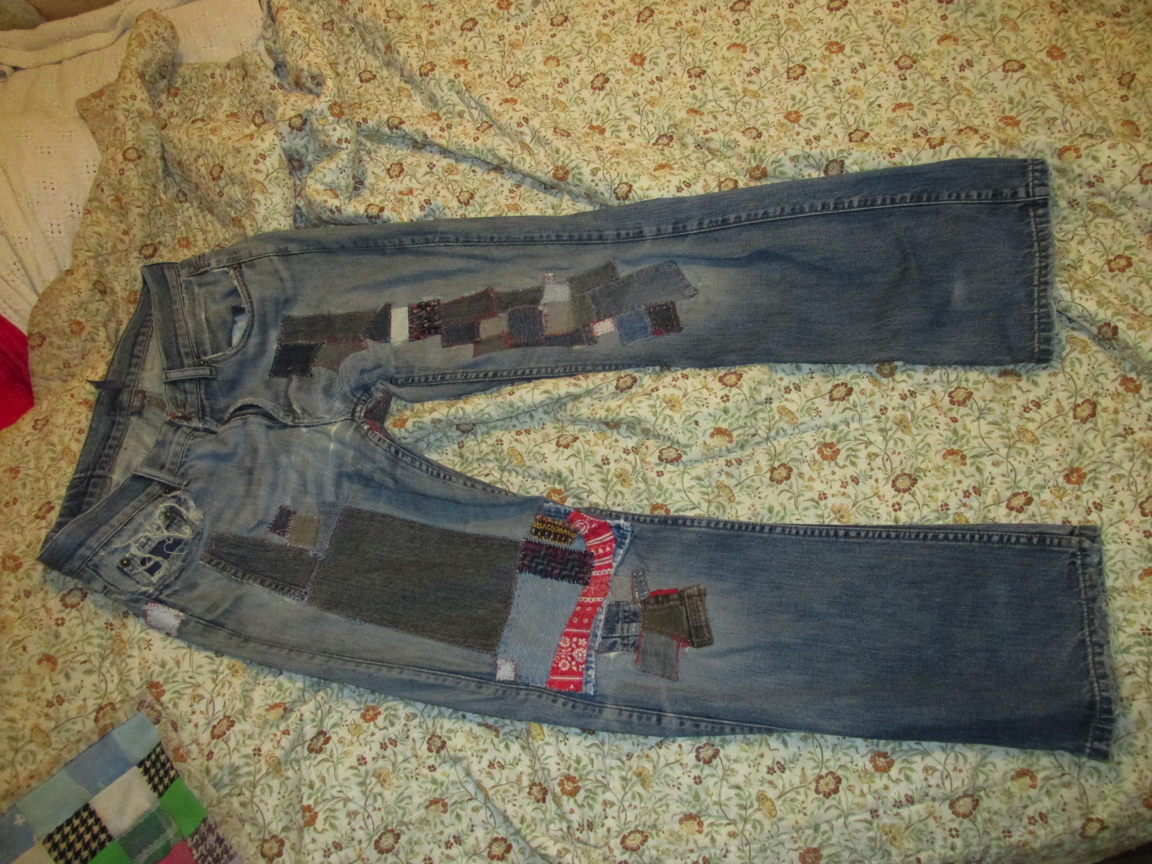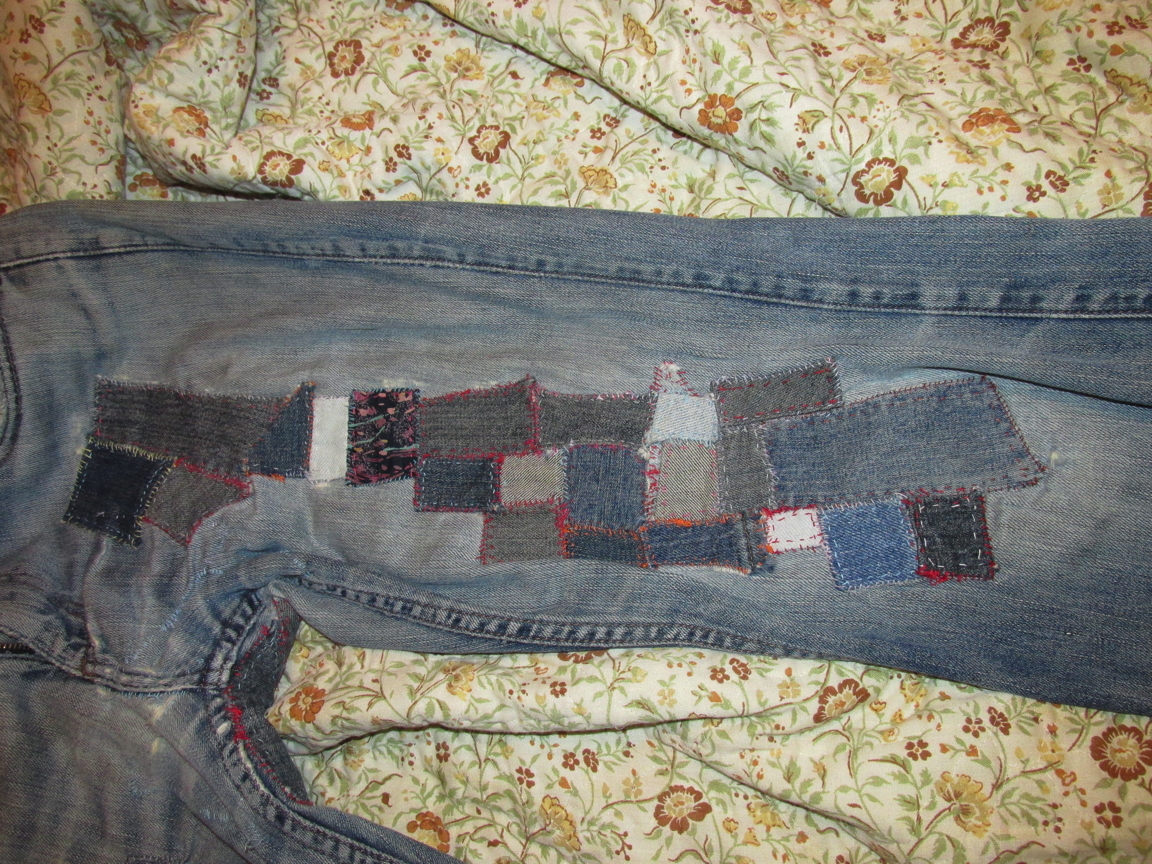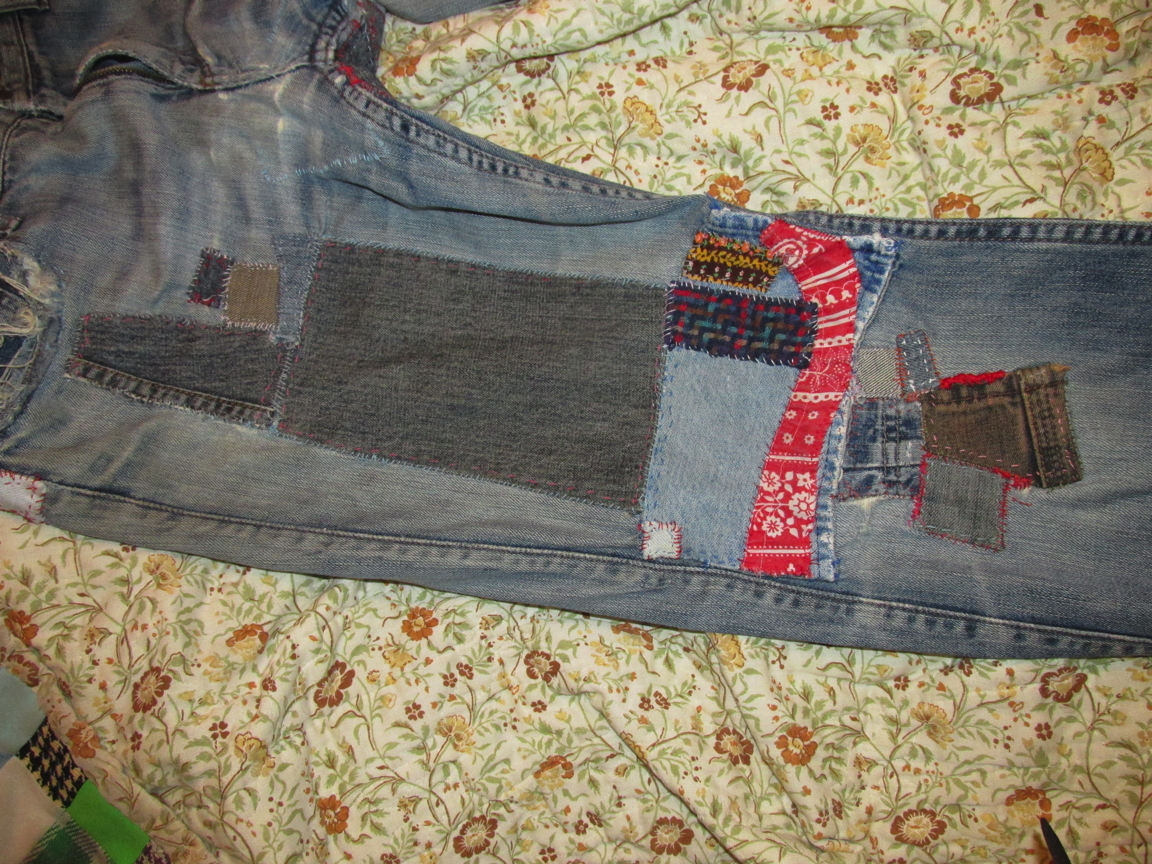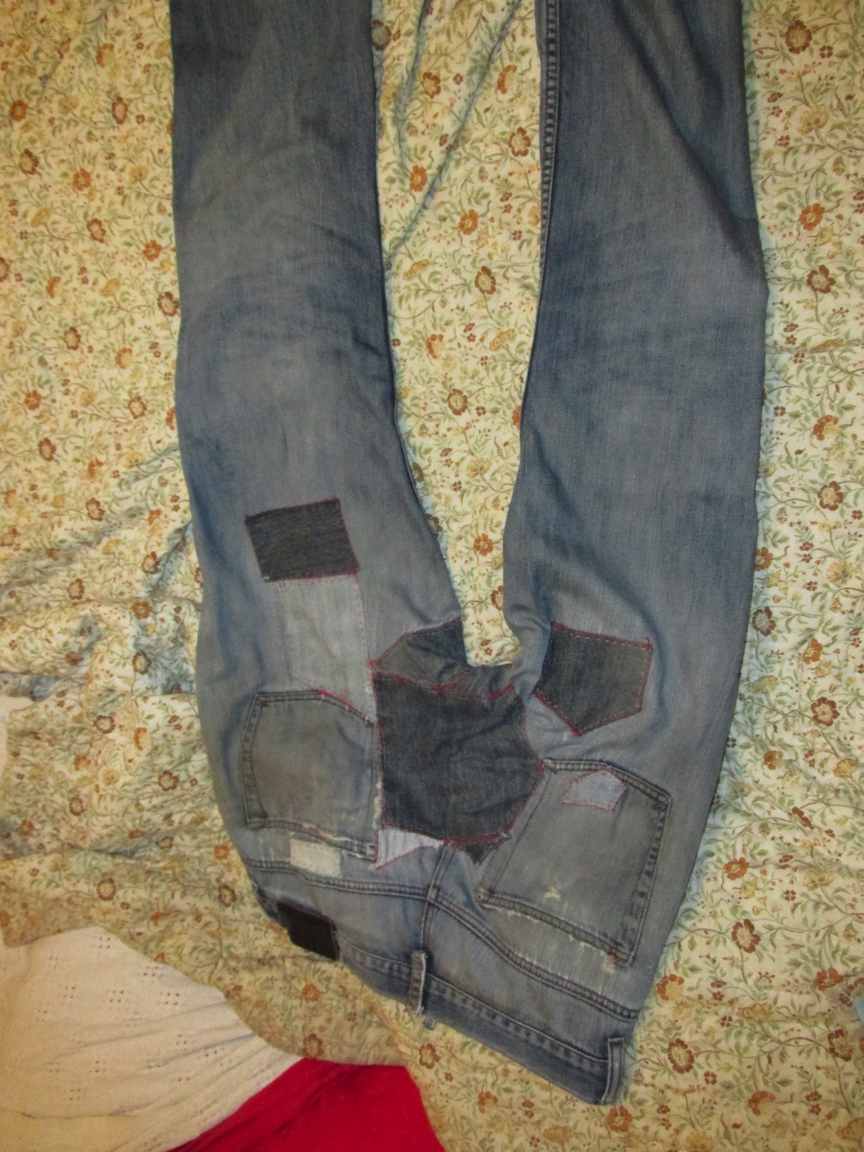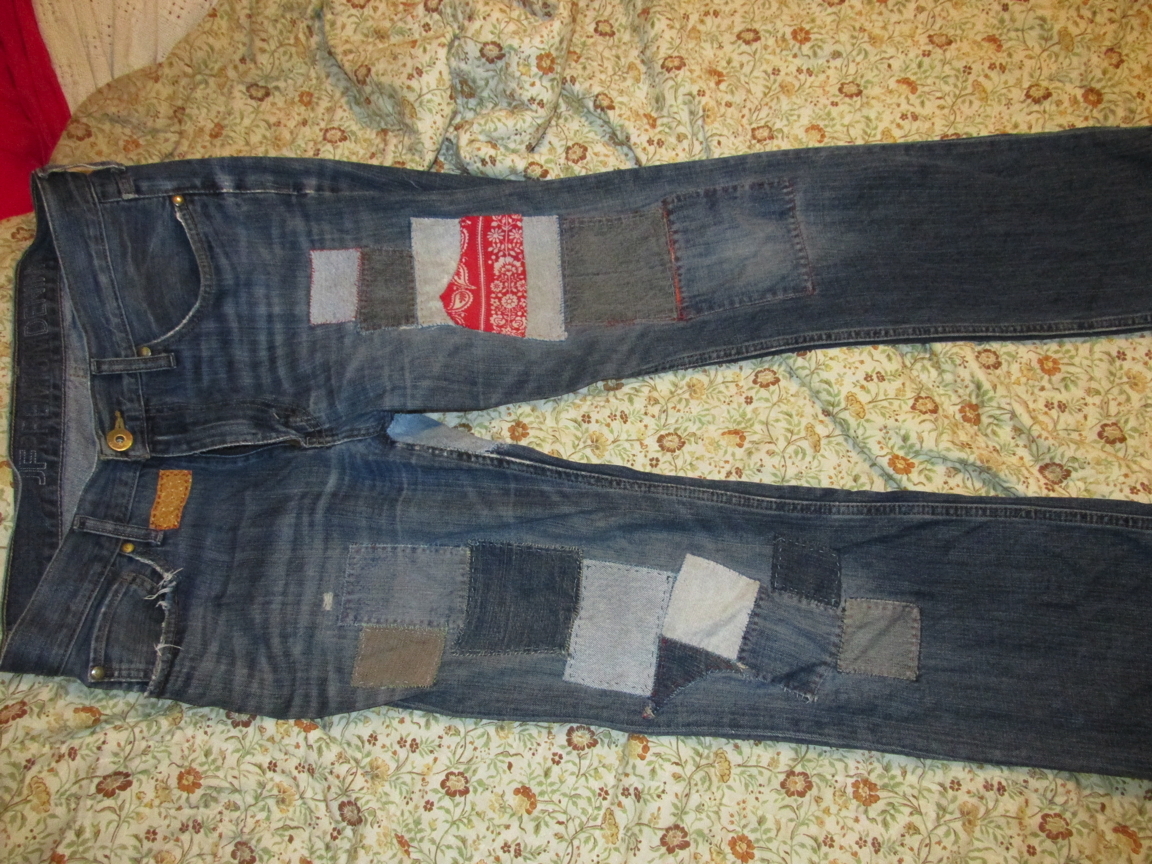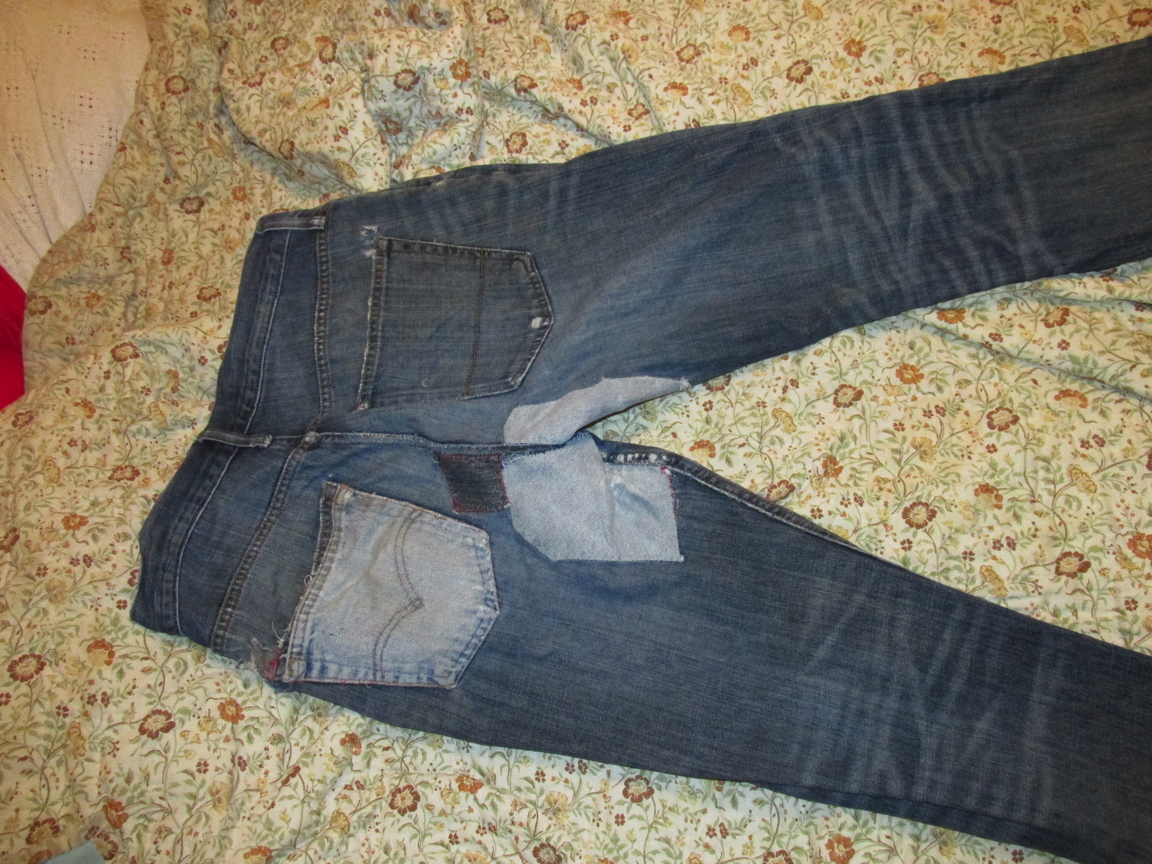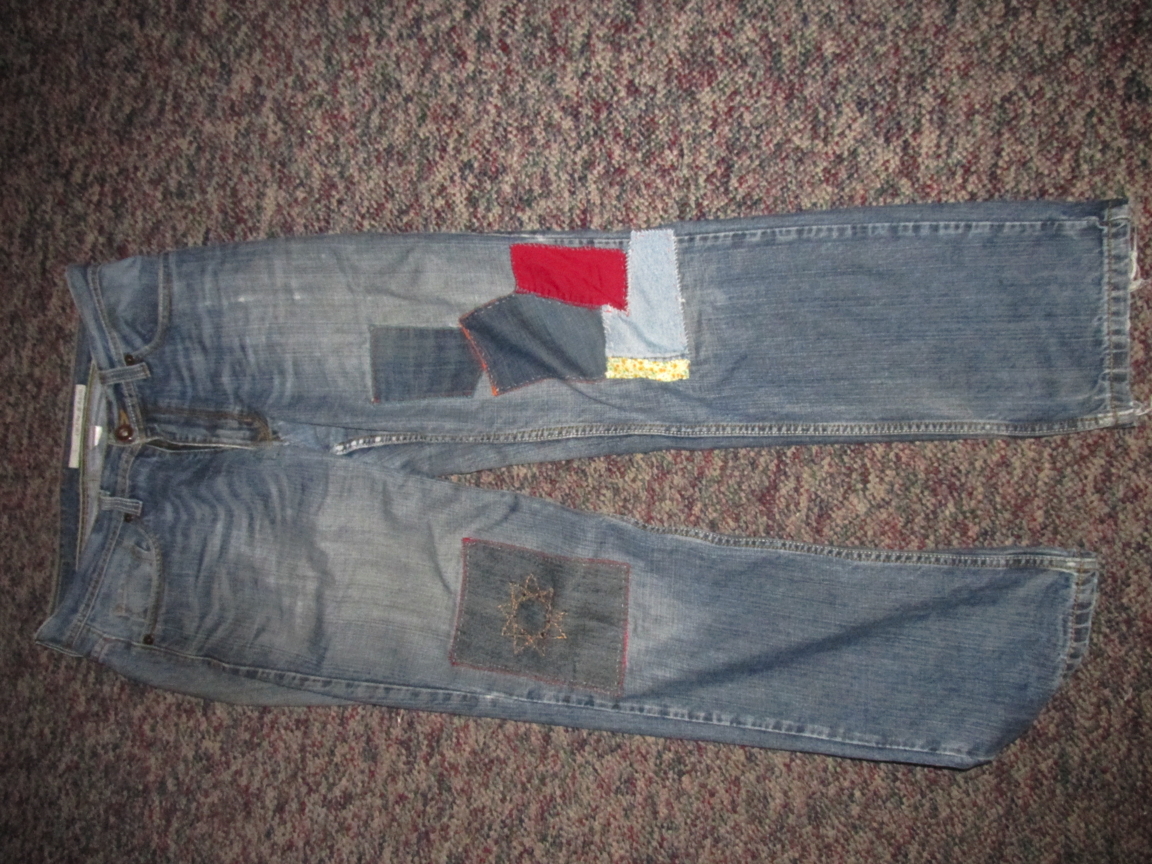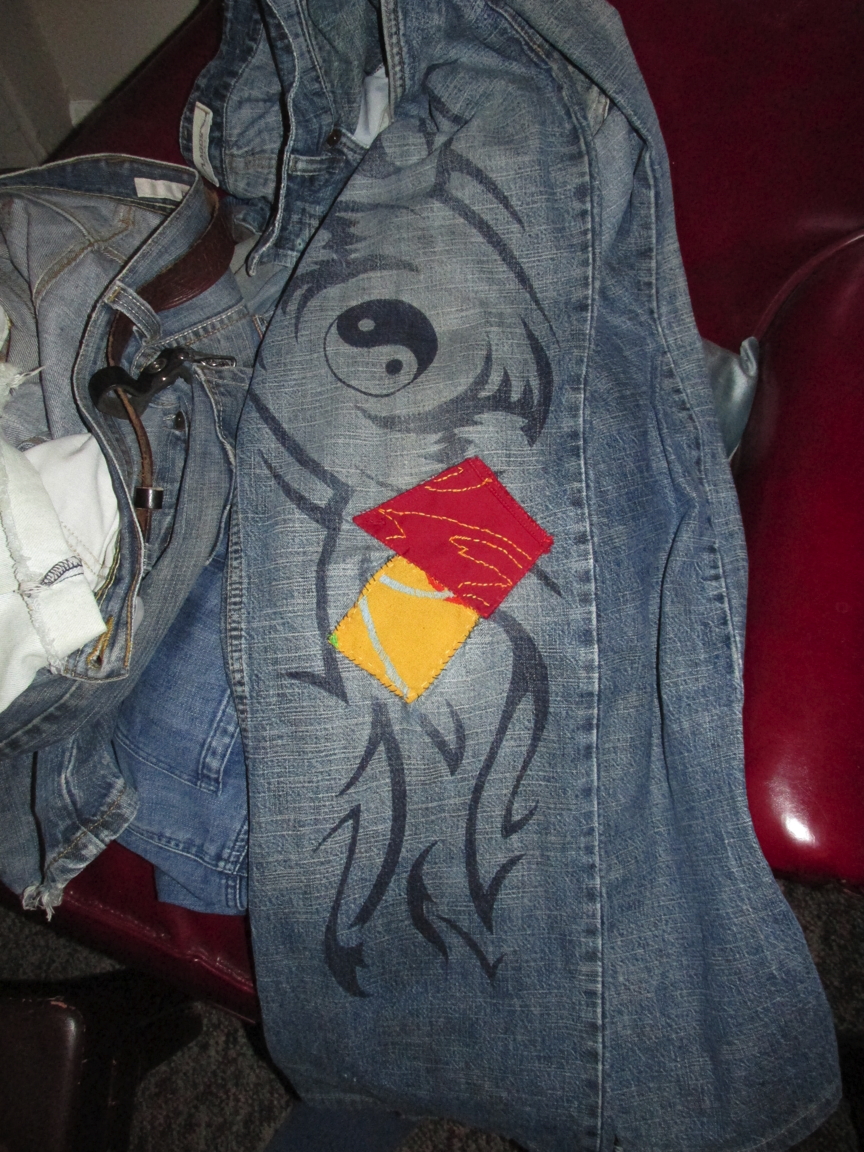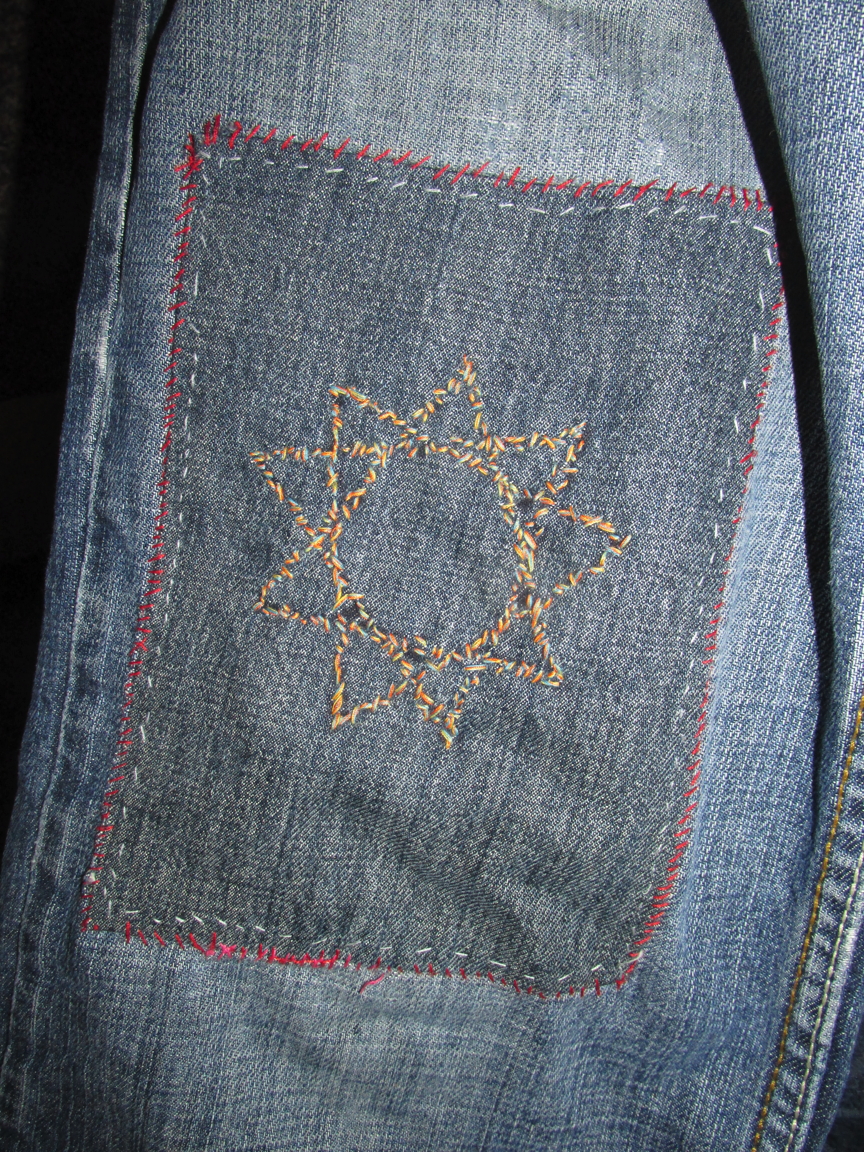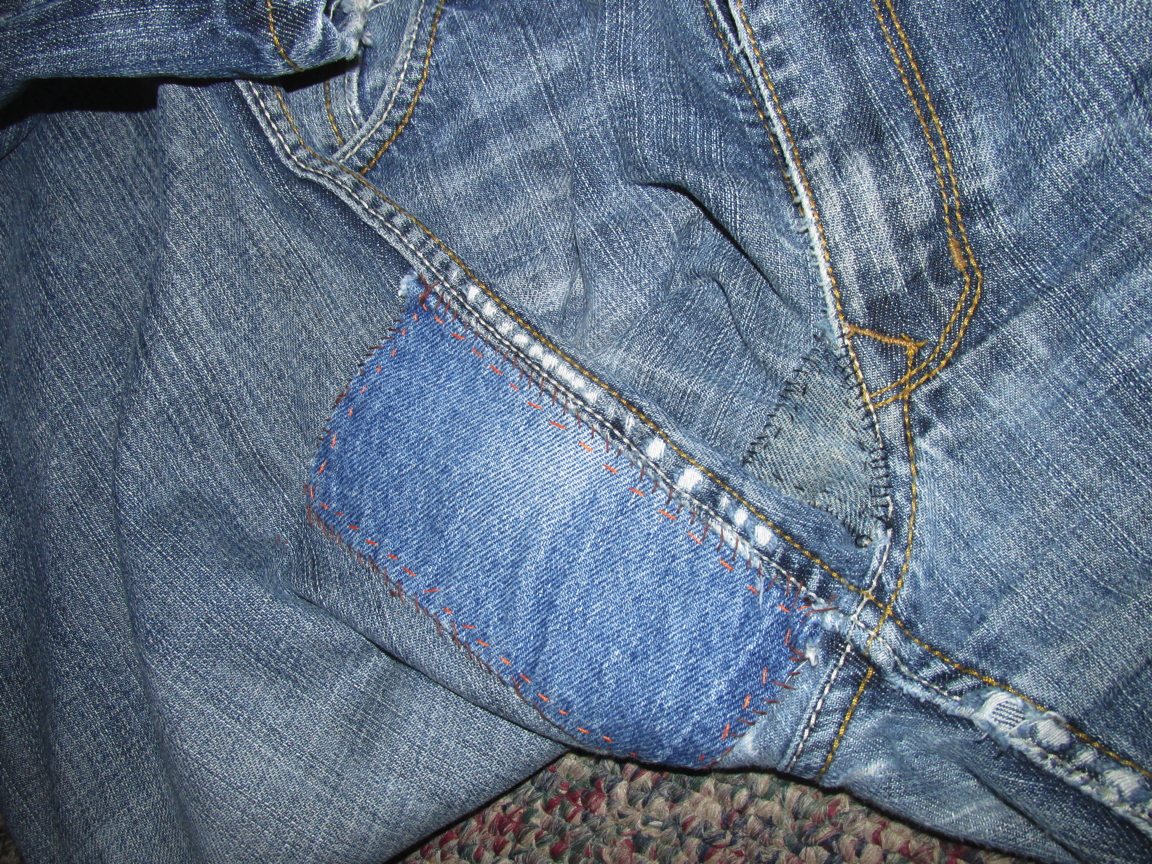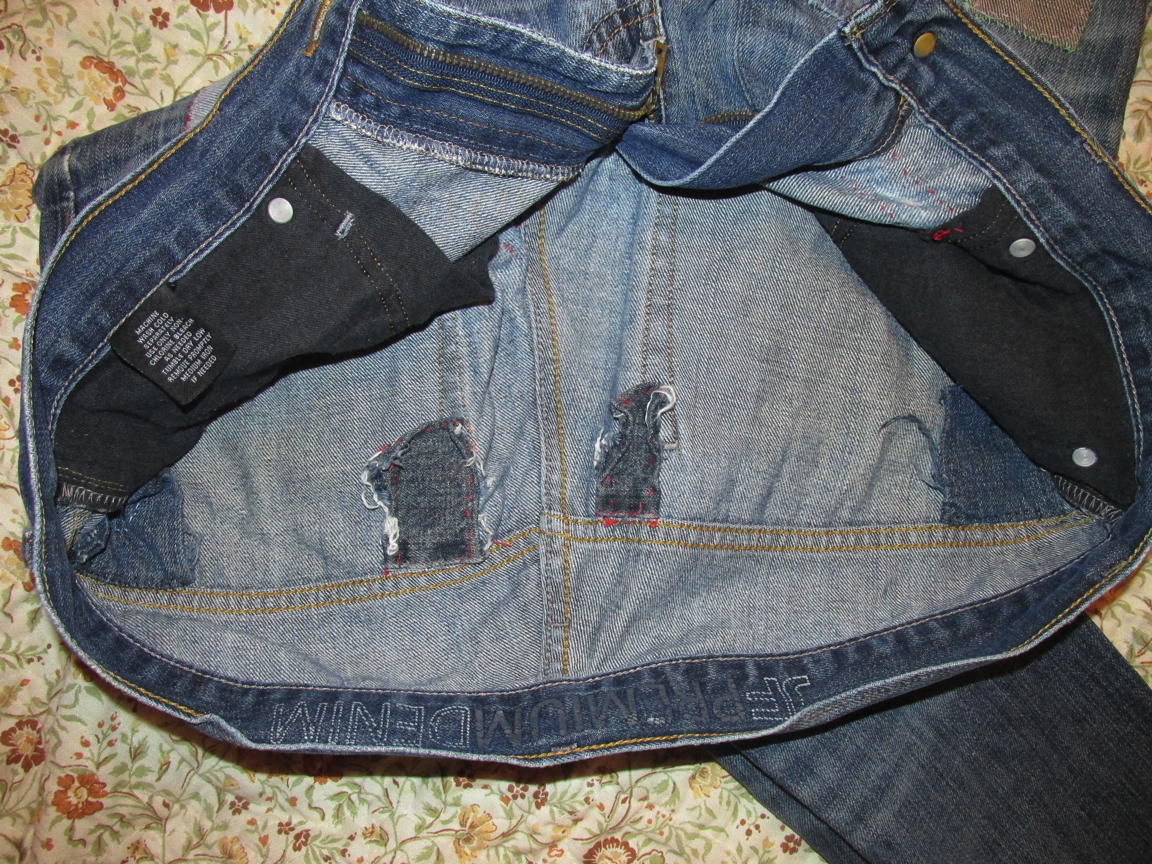BOOK REVIEW - Tomboy by Lisa Selin Davis
Sep. 3rd, 2023 12:39 amFeminists and, for that matter, other women of a certain age, fondly recall the concept of the "tomboy" and are sometimes inclined to reflect on their "tomboy" heroes. The author points out that it's a concept largely in decline, and this book is a contemplation of that notion and what might be lost if it disappears.
I myself am on several Facebook discussion groups that examine gender, and among those (to the dismay of some of my trans colleagues) I participate in a group devoted to dialogue between "gender critical" feminists and folks who ascribe to gender politics such as LGBTQIA+ concepts. The dismay is because a lot of trans folks regard the gender-critical contingent as being so closeminded that they are not worth the effort, and I will admit that the group is definitely dominated by "gender bad, feminism good" anti-trans people. These are people who would celebrate femininity-rejecting females who still call themselves women but see trans men as jumping the fence instead of helping to dismantle the fence, and their views of trans women are hostile, seeing them as invasive males pushing into womens' spaces where, as far as they're concerned, they totally don't belong.
This book, Tomboy, does not come from that perspective. But many gender-critical feminists will find themselves nodding in agreement with Davis when they read. And I'm inclined to think that they should pay attention to how she's positioned her arguments in this book: she's reaching a wider audience.
Both Sides, Now
Lisa Selin David, the author, very openly embraces the general concept of "the more options, the better" as far as how to deal with gender, and she is quite emphatically not anti-trans. But her viewpoint is not rooted in transgender experience. She's approaching gender from a non-trans tomboy vantage point.
She conjures up the notion of a person who conceives of themself in a way that sticks up a hand and holds off cultural-social notions about how someone of their morphological sex ought to be: "I'm a girl and I like playing ball or with boys so those things must be okay for girls"
Davis celebrates the world in which being trans is an option, where it's a path away from simply being told "you are doing it wrong" based on the physiological equipment you were born with. But she mourns the decline of the concept of the tomboy, as an identity one could claim, be seen as, live within.
Davis early on dives into the question of built-in versus socially created differences, and identities, including male versus female in general and then the notion that trans people's gender difference is built in. In contrast to the many authors who stake out a turf in favor of "it's all biological" or "it's all social", Davis is cautious and even-handed, exhorting us to consider all the possibilities. She does point out that we should consider the social conditioning of any researchers evaluating these matters, since their own sociallly-supported assumptions can play a substantial role in how research is designed and how the results are interpreted. But just as one might be on the verge of deciding that this author is really on the side of social causation for all such observations and apparent differences, she declares pretty emphatically that there are, indeed, compelling reasons to believe there are built-in differences, drawing on Debra Soh's research.
Davis oscillates: she provides a set of studies and evidence about biological differentiation, natal hormones and brain structure and whathot, then after a couple paragraphs devoted to that, introduces other studies that appear to contradict those findings, and then gives consideration to how the variables are operationalized and defined — what constitutes "masculine" as an outcome and how is it not also socially determined? As a technique, it drives home that we aren't really in a position to lay claim to any certainty.
Davis describes "tomboy" as an identity embraced and often praised in childhood but with the expectation that the girl will grow out of it. A big part of this, for both external observers such as parent and for those who are the tomboys themselves, is the inferior status of girls and of femininity — that it is less than what the boys exhibit and who they are. Those gender-critical feminists I mentioned above, they tend to perceive femininity as imposed, artificial, composed of slave stuff, how to be a person who is useful and supportive to the people who matter, at her own expense.
Davis acknowledges the existence of sissies — males who are the mirror-image of tomboys — and acknowledges that we have it harder. "There is no positive term for a boy version of a tomboy, not sissy (derived from sister) or Nancy boy" The ambivalent acceptance of tomboys versus the near-universal hostility towards sissies is, in fact, exactly what drove me to conclude that I was not cisgender. Not that I wanted to transition. Not that I should have been female. Not that I wished to be perceived as female. But that as a sissy, who I was was so socially unacceptable for a male person that it ended up constituting an entirely separate gender identity, that I am totally not a man, was not a boy, that despite being male (which I do not reject in any way) who I am has very little to do with my anatomy and everything to do with how and who I am, which situated me among the girls growing up, and in a more complicated way with the women now.
Davis describes the 1990s and the rise of a different approach to gender: a very gender-polarized world but one in which the girls had serious Girl Power, as represented by the PowerPuff Girls, a world in which embracing pink and unicorns and sparkles could be combined with having power and being heroes and being decisive and emphatic and having one's way. This was different from being a tomboy, and Davis spends a lot of time questioning the embrace of things considered masculine as the pathway to female empowerment, since it embraces the notion that anything considered feminine is inferior and anything masculine superior.
This is the anti-tomboy form of girl power, and it raises the additional complicated question: if power isn't dependent on being boy-like, what is the attraction of boy stuff for those female people who find themselves oriented to it? It's different in situations and cultures where there are (still) no mechanisms or routes for people considered and viewed as female to possess power. David describes girls in Afghanistan and the occasional possible role of being dressed as, and behaving as, a boy, in that culture if one's family had had no boy, so as to dis-embarrass the family for not having a boy child. The attraction of the role here is more clearly power, opportunities utterly unavailable to those perceived and treated as girls.
This is, of course, how those gender-critical feminists view transgender men. That they are doing it solely to attain social power denied to people viewed as women.
Ultimately, David outlines the same perspective that I've embraced for quite some time: that there may be (and probably are) differences between male people and female people, in our brains and in our behavioral patterns, but to the extent that there are, there is more variation within each sex than the amount of variation between the sexes, so there are a whole lot of outliers for each sex who more closely resemble the descriptions appended to the opposite sex.
There is a sort of social funnel, which both Davis and I myself have spoken of: a sense that a person in society learns "this is how a person like you should assert your identity", not limited to the baseline starting identity of "I am a boy" or "I am a girl" but with a ready script available for those who think "I am a boy who is not like the other boys" or "I am a girl who is not like the other girls", complete with a prescription for what one is supposed to do about it. In 1796, being a sissy or a tomboy didn't come with even the remote possibility of a medical transition, so that was not on the table as an option. In the hypergendered 1990s, on the other hand, there was no model for being a tomboy that one could embrace readily; but there was a model for being a transgender man and a set of options for how one could transition.
Davis focuses a lot on dress, the social signaling device that informs the world of which category one falls into, and discusses how tomboys often dressed as boys. Oddly, she doesn't tend to discuss hair, in a world where cutting one's hair above one's ear and otherwise short and close to the skull has for a long time been likely to cause one, especially as a child, to be categorized as a boy and not as a girl. And when Davis does get around to mentioning hair, it receives equal billing with shoe choices!
If They Go Against the Flow, Must Be Built-in...Right?
At the core of oh so many online arguments about LGBTQ identities is the matter of whether or not our difference is built-in. So many people believe that it is. Some of them appear to me to be embracing that notion based on the (in my opinion misguided) belief that if everyone sees our differences as built-in, they will have to accept them, and therefore us, whereas if they think any degree of choice is involved — and they tend to subsume "social" into "choice" — people could say we chose this and therefore deserve what we get. My recurrent reaction is to invoke the Nazis and the US Southern racists, who definitely believe that the people they hate (or hated) have built-in differences, and it totally didn't keep them from, or is currently keeping them from, being hateful and murderous.
But, yes, on many a message board or forum, I have encountered people saying "It must be built-in, being trans, because there's no social pressure to be trans, there is only social pressure to be normal for your sex."
That's not true, on so many levels.
First off, as Davis points out, the very act of identification is an act of selective autoconformity. To identify as one of the girls is to embrace every factor or observed tendency that tends to reinforce one's identification with the girls, whereas any factor or tendency that seems to make one other than one of the girls becomes something that one wishes to avoid. Likewise, and reciprocally, for one who identifies as one of the boys.
That totally fits my own experience: I was not free of gender, I totally fence-hopped, not wanting to be seen and thought of as one of those boy people, so any ancillary or peripheral thing I did that seemed to slot me in with boys, if it didn't matter to me one way or the other, I'd avoid it. Whereas any similarly trivial thing that provoked the observation that girls did that or that I did that like a girl, yeah, I'd embrace that. So that's social. I was responding to social cues, not biological ones. Davis points out that nonconforming people — whether trans or cis-but-GNC like tomboys — are all doing that, as part of asserting their/our identities.
I think it is useful and important to realize that the overwhelming vast majority of the concepts and thoughts and notions that are inside our heads are not formulated by ourselves as individuals. We aren't puppets mindlessly absorbing social instructions, but what we actually do is choose from an array of socially shared ideas that other people also understand when we pick them and express them. Only a tiny handful of our own ideas are literally our own, never before expressed (as far as we know, at any rate), never before given a name, and thus requiring us to name them and then describe them. And even then, on the rare occasions when we do that, we still have to tie these new ideas to existing ideas, and most likely that's how we formulated them to begin with. If that were not so, we'd find it spectacularly difficult to express them to anyone, ever.
Our species is mulling over gender, thinking it over, and that mulling-over process is taking place in our individuals minds and lives and expressions, and it is something very much still in process.
Tomboy, Lisa Selin Davis, NY: Legacy 2020
—————
My first book, GenderQueer: A Story From a Different Closet, is published by Sunstone Press. It is available on Amazon and Barnes & Noble in paperback, hardback, and ebook, and as ebook only from Apple, Kobo, and directly from Sunstone Press themselves.
My second book, That Guy in Our Women's Studies Class, has also now been published by Sunstone Press. It's a sequel to GenderQueer. It is available on Amazon and on Barnes & Noble in paperback and ebook, and as ebook only from Apple, Kobo, and directly from Sunstone Press themselves.
I have started querying my third book, Within the Box, and I'm still seeking advance readers for reviews and feedback. It is set in a psychiatric/rehab facility and is focused on self-determination and identity. Chronologically, it fits between the events in GenderQueer and those described in Guy in Women's Studies; unlike the other two, it is narrowly focused on events in a one-month timeframe and is more of a suspense thriller, although like the other two is also a nonfiction memoir. Contact me if you're interested.
Links to published reviews and comments are listed on my Home Page, for both published books.
———————
This DreamWidth blog is echoed on LiveJournal and WordPress. I was going to start echoing it on Substack as well but we're not off to a good start. Anyway, please friend/link me from any of those environments on which you have an account.
————————
Index of all Blog Posts
I myself am on several Facebook discussion groups that examine gender, and among those (to the dismay of some of my trans colleagues) I participate in a group devoted to dialogue between "gender critical" feminists and folks who ascribe to gender politics such as LGBTQIA+ concepts. The dismay is because a lot of trans folks regard the gender-critical contingent as being so closeminded that they are not worth the effort, and I will admit that the group is definitely dominated by "gender bad, feminism good" anti-trans people. These are people who would celebrate femininity-rejecting females who still call themselves women but see trans men as jumping the fence instead of helping to dismantle the fence, and their views of trans women are hostile, seeing them as invasive males pushing into womens' spaces where, as far as they're concerned, they totally don't belong.
This book, Tomboy, does not come from that perspective. But many gender-critical feminists will find themselves nodding in agreement with Davis when they read. And I'm inclined to think that they should pay attention to how she's positioned her arguments in this book: she's reaching a wider audience.
Both Sides, Now
Lisa Selin David, the author, very openly embraces the general concept of "the more options, the better" as far as how to deal with gender, and she is quite emphatically not anti-trans. But her viewpoint is not rooted in transgender experience. She's approaching gender from a non-trans tomboy vantage point.
I believe we should see representation of trans kids, non-binary folks, and masculine cisgender girls in the media, and that we have the knowledge and infrastructure to make room for them all
She conjures up the notion of a person who conceives of themself in a way that sticks up a hand and holds off cultural-social notions about how someone of their morphological sex ought to be: "I'm a girl and I like playing ball or with boys so those things must be okay for girls"
Davis celebrates the world in which being trans is an option, where it's a path away from simply being told "you are doing it wrong" based on the physiological equipment you were born with. But she mourns the decline of the concept of the tomboy, as an identity one could claim, be seen as, live within.
Davis early on dives into the question of built-in versus socially created differences, and identities, including male versus female in general and then the notion that trans people's gender difference is built in. In contrast to the many authors who stake out a turf in favor of "it's all biological" or "it's all social", Davis is cautious and even-handed, exhorting us to consider all the possibilities. She does point out that we should consider the social conditioning of any researchers evaluating these matters, since their own sociallly-supported assumptions can play a substantial role in how research is designed and how the results are interpreted. But just as one might be on the verge of deciding that this author is really on the side of social causation for all such observations and apparent differences, she declares pretty emphatically that there are, indeed, compelling reasons to believe there are built-in differences, drawing on Debra Soh's research.
Davis oscillates: she provides a set of studies and evidence about biological differentiation, natal hormones and brain structure and whathot, then after a couple paragraphs devoted to that, introduces other studies that appear to contradict those findings, and then gives consideration to how the variables are operationalized and defined — what constitutes "masculine" as an outcome and how is it not also socially determined? As a technique, it drives home that we aren't really in a position to lay claim to any certainty.
Davis describes "tomboy" as an identity embraced and often praised in childhood but with the expectation that the girl will grow out of it. A big part of this, for both external observers such as parent and for those who are the tomboys themselves, is the inferior status of girls and of femininity — that it is less than what the boys exhibit and who they are. Those gender-critical feminists I mentioned above, they tend to perceive femininity as imposed, artificial, composed of slave stuff, how to be a person who is useful and supportive to the people who matter, at her own expense.
Davis acknowledges the existence of sissies — males who are the mirror-image of tomboys — and acknowledges that we have it harder. "There is no positive term for a boy version of a tomboy, not sissy (derived from sister) or Nancy boy" The ambivalent acceptance of tomboys versus the near-universal hostility towards sissies is, in fact, exactly what drove me to conclude that I was not cisgender. Not that I wanted to transition. Not that I should have been female. Not that I wished to be perceived as female. But that as a sissy, who I was was so socially unacceptable for a male person that it ended up constituting an entirely separate gender identity, that I am totally not a man, was not a boy, that despite being male (which I do not reject in any way) who I am has very little to do with my anatomy and everything to do with how and who I am, which situated me among the girls growing up, and in a more complicated way with the women now.
Davis describes the 1990s and the rise of a different approach to gender: a very gender-polarized world but one in which the girls had serious Girl Power, as represented by the PowerPuff Girls, a world in which embracing pink and unicorns and sparkles could be combined with having power and being heroes and being decisive and emphatic and having one's way. This was different from being a tomboy, and Davis spends a lot of time questioning the embrace of things considered masculine as the pathway to female empowerment, since it embraces the notion that anything considered feminine is inferior and anything masculine superior.
This is the anti-tomboy form of girl power, and it raises the additional complicated question: if power isn't dependent on being boy-like, what is the attraction of boy stuff for those female people who find themselves oriented to it? It's different in situations and cultures where there are (still) no mechanisms or routes for people considered and viewed as female to possess power. David describes girls in Afghanistan and the occasional possible role of being dressed as, and behaving as, a boy, in that culture if one's family had had no boy, so as to dis-embarrass the family for not having a boy child. The attraction of the role here is more clearly power, opportunities utterly unavailable to those perceived and treated as girls.
This is, of course, how those gender-critical feminists view transgender men. That they are doing it solely to attain social power denied to people viewed as women.
Ultimately, David outlines the same perspective that I've embraced for quite some time: that there may be (and probably are) differences between male people and female people, in our brains and in our behavioral patterns, but to the extent that there are, there is more variation within each sex than the amount of variation between the sexes, so there are a whole lot of outliers for each sex who more closely resemble the descriptions appended to the opposite sex.
There is a sort of social funnel, which both Davis and I myself have spoken of: a sense that a person in society learns "this is how a person like you should assert your identity", not limited to the baseline starting identity of "I am a boy" or "I am a girl" but with a ready script available for those who think "I am a boy who is not like the other boys" or "I am a girl who is not like the other girls", complete with a prescription for what one is supposed to do about it. In 1796, being a sissy or a tomboy didn't come with even the remote possibility of a medical transition, so that was not on the table as an option. In the hypergendered 1990s, on the other hand, there was no model for being a tomboy that one could embrace readily; but there was a model for being a transgender man and a set of options for how one could transition.
Davis focuses a lot on dress, the social signaling device that informs the world of which category one falls into, and discusses how tomboys often dressed as boys. Oddly, she doesn't tend to discuss hair, in a world where cutting one's hair above one's ear and otherwise short and close to the skull has for a long time been likely to cause one, especially as a child, to be categorized as a boy and not as a girl. And when Davis does get around to mentioning hair, it receives equal billing with shoe choices!
If They Go Against the Flow, Must Be Built-in...Right?
We may see PFD [Pink Frilly Dresses] as a gender constraint imposed upon children but see the rejection of it, in favor of tomboyism, as something that comes from within. But we don't know if tomboys are doing their own thing or conforming to the stereotypical expectations of a different sex
At the core of oh so many online arguments about LGBTQ identities is the matter of whether or not our difference is built-in. So many people believe that it is. Some of them appear to me to be embracing that notion based on the (in my opinion misguided) belief that if everyone sees our differences as built-in, they will have to accept them, and therefore us, whereas if they think any degree of choice is involved — and they tend to subsume "social" into "choice" — people could say we chose this and therefore deserve what we get. My recurrent reaction is to invoke the Nazis and the US Southern racists, who definitely believe that the people they hate (or hated) have built-in differences, and it totally didn't keep them from, or is currently keeping them from, being hateful and murderous.
But, yes, on many a message board or forum, I have encountered people saying "It must be built-in, being trans, because there's no social pressure to be trans, there is only social pressure to be normal for your sex."
That's not true, on so many levels.
First off, as Davis points out, the very act of identification is an act of selective autoconformity. To identify as one of the girls is to embrace every factor or observed tendency that tends to reinforce one's identification with the girls, whereas any factor or tendency that seems to make one other than one of the girls becomes something that one wishes to avoid. Likewise, and reciprocally, for one who identifies as one of the boys.
That totally fits my own experience: I was not free of gender, I totally fence-hopped, not wanting to be seen and thought of as one of those boy people, so any ancillary or peripheral thing I did that seemed to slot me in with boys, if it didn't matter to me one way or the other, I'd avoid it. Whereas any similarly trivial thing that provoked the observation that girls did that or that I did that like a girl, yeah, I'd embrace that. So that's social. I was responding to social cues, not biological ones. Davis points out that nonconforming people — whether trans or cis-but-GNC like tomboys — are all doing that, as part of asserting their/our identities.
I think it is useful and important to realize that the overwhelming vast majority of the concepts and thoughts and notions that are inside our heads are not formulated by ourselves as individuals. We aren't puppets mindlessly absorbing social instructions, but what we actually do is choose from an array of socially shared ideas that other people also understand when we pick them and express them. Only a tiny handful of our own ideas are literally our own, never before expressed (as far as we know, at any rate), never before given a name, and thus requiring us to name them and then describe them. And even then, on the rare occasions when we do that, we still have to tie these new ideas to existing ideas, and most likely that's how we formulated them to begin with. If that were not so, we'd find it spectacularly difficult to express them to anyone, ever.
Our species is mulling over gender, thinking it over, and that mulling-over process is taking place in our individuals minds and lives and expressions, and it is something very much still in process.
Tomboy, Lisa Selin Davis, NY: Legacy 2020
—————
My first book, GenderQueer: A Story From a Different Closet, is published by Sunstone Press. It is available on Amazon and Barnes & Noble in paperback, hardback, and ebook, and as ebook only from Apple, Kobo, and directly from Sunstone Press themselves.
My second book, That Guy in Our Women's Studies Class, has also now been published by Sunstone Press. It's a sequel to GenderQueer. It is available on Amazon and on Barnes & Noble in paperback and ebook, and as ebook only from Apple, Kobo, and directly from Sunstone Press themselves.
I have started querying my third book, Within the Box, and I'm still seeking advance readers for reviews and feedback. It is set in a psychiatric/rehab facility and is focused on self-determination and identity. Chronologically, it fits between the events in GenderQueer and those described in Guy in Women's Studies; unlike the other two, it is narrowly focused on events in a one-month timeframe and is more of a suspense thriller, although like the other two is also a nonfiction memoir. Contact me if you're interested.
Links to published reviews and comments are listed on my Home Page, for both published books.
———————
This DreamWidth blog is echoed on LiveJournal and WordPress. I was going to start echoing it on Substack as well but we're not off to a good start. Anyway, please friend/link me from any of those environments on which you have an account.
————————
Index of all Blog Posts
